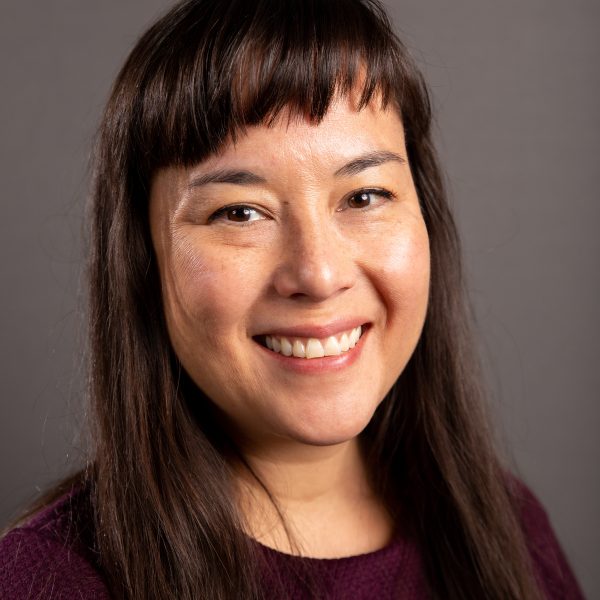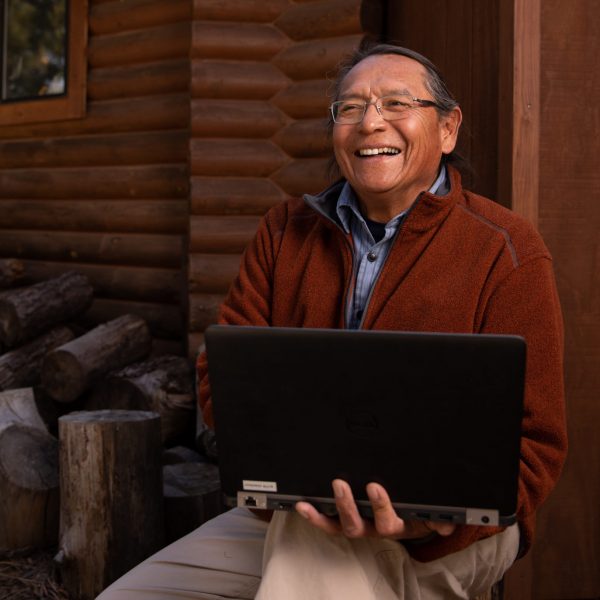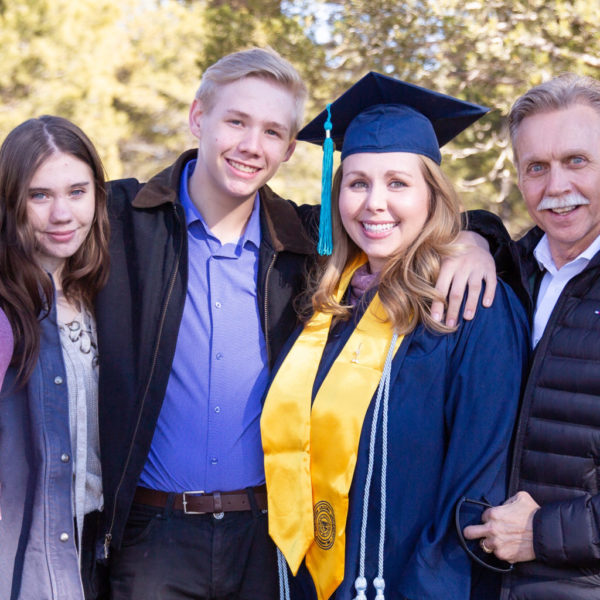
Director Monica Bai and NAU Gateway Advising provide students steady guidance.
Northern Arizona University offers what can be a daunting array of programs, majors, minors, and opportunities to consider and navigate. Fortunately for students, guidance through those important decisions is available through interactions and relationships with Gateway Advising.
Gateway Director Monica Bai—who helps students find their dream programs and, ultimately, careers—shared some of her thoughts about the support the advising center provides NAU students. She oversees and works with 30 dedicated staff who guide students through vital decision-making.
Can you share how Gateway Advising works for students at Northern Arizona University, and what makes it different from other universities? What are its strengths?
Unique to NAU, our advising model really puts a lot of emphasis on helping students make a good selection for their major early on. We work with all of the colleges and departments that are offering degrees. We keep up with everything the university has to offer. All of us here work as liaisons. We are at the center of a hub, staying up to date with all of the degrees and the changes across campus. We serve as an interactive guide for students to explore college degrees. We also provide a general understanding of how to approach a college education and get ready for academic life at the institution.
Declaring a major for college can strike some people as one of the defining choices they have to make. How do you help students keep everything in perspective?
When you can talk to students more about what it means to get a college education, you can demystify the perception that it is a high-stakes decision that’s going to affect them for the rest of their lives. We try to help them understand college is enriching and will help them be prepared for the rest of their lives. However, it is not going to determine what you are going to do or who you are going to be. We help students understand the choice of what they’re studying as it relates to their education, and what it could mean for their future.
According to NAU First Generation Programs, approximately 45 percent of NAU students identify as first generation—meaning neither of their parents earned a four-year college degree. In what way does the Gateway model of advising support these students?
What we do is especially important because we have a lot of first-generation students here at NAU. Some of our work helps students clearly understand what a college degree means. Other students have parents who have gone to college, and they have been able to witness firsthand the benefits of a college education through them. We want our first-generation students to have that same understanding as well. This is central to our mission.
What happens if a student is struggling academically while being advised through Gateway?
We do keep students longer if they are not performing well. We make sure we are not sending them off to a specialized unit for advising when they are not hitting their milestones. We will push that conversation more. We might say, ‘Let’s talk about some other ideas you might have. We’re not making progress like we need to.’ We need to make sure they are ready for when they really dive in and make the most of their degree choice.
In what ways does Gateway help students declare minors as part of their studies? From an advising standpoint, why are minors considered important?
For some students, declaring a minor is a way for them to put some intention into something that they are interested in. Having a major and minor can allow students to toggle based on how their classes unfold, and where they might want to keep taking more classes. It does not cost extra to have a minor. You can get a series of classes for an area of interest that would take time and resources once you’re not in college anymore. This is your chance to do that. For a number of students, that is what motivates some of these choices to really explore. And it’s definitely something we encourage.






